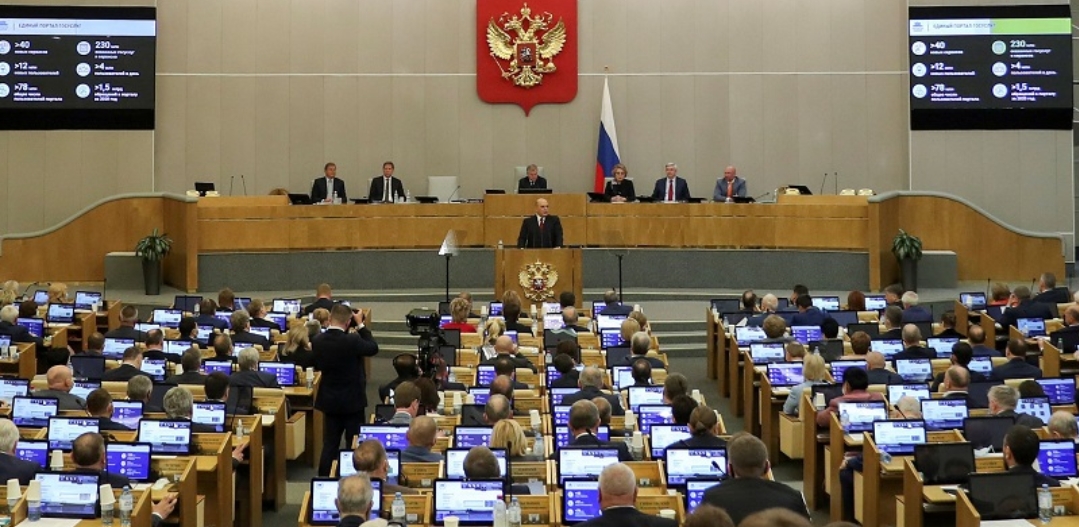Moscow, MINA – The Russian Parliament has approved a new law that imposes fines on individuals who knowingly access content deemed “extremist” via digital platforms, including through the use of virtual private networks (VPNs). The policy has sparked widespread concern among digital rights activists, who warn it could expand state control over online spaces and threaten freedom of expression.
The lower house of Russia’s Parliament (the Duma) passed the regulation on Tuesday, establishing administrative penalties of up to 5,000 rubles for individuals found searching for materials listed in the official “extremist content” register maintained by the Russian Ministry of Justice, RT reported.
The list spans more than 500 pages and includes a range of organizations and entities, such as the late opposition figure Alexei Navalny’s Anti-Corruption Foundation, the international LGBT movement, and American tech company Meta Platforms the parent firm of Facebook and WhatsApp.
Although the government claims the regulation aims to curb the spread of extremist ideologies, many fear the policy could be misused arbitrarily.
Also Read: Harvard Builds Archive of Israeli Life, Preparing for “May Not Survive”
Russia’s Minister of Digital Development, Maksut Shadayev, as quoted by Japan Times on Wednesday, emphasized that law enforcement must prove a user’s intentionality in accessing extremist content before issuing penalties. He added that simply using platforms like Google or WhatsApp would not automatically be considered a legal violation.
However, skepticism continues to grow over the law’s clarity and implementation. Yekaterina Mizulina of Russia’s Safe Internet League a previously state-supported organization warned that the law is vague and could open doors to extortion or disproportionate criminalization.
“This law creates fear and uncertainty,” she said.
Similar concerns were raised by Sarkis Darbinyan, founder of the digital rights group Roskomsvoboda. He argued that the law would push citizens toward self-censorship, deleting risky apps, or withdrawing from politically sensitive information channels.
Meanwhile, Russian lawmakers are also considering expanding restrictions on foreign messaging services. WhatsApp, which is owned by Meta, is likely to be included in the list of restricted services as part of the government’s broader push for “digital sovereignty.”
Also Read: UNIFIL Condemns Israeli Tank Fire Targeting Peacekeepers in South Lebanon
As part of that agenda, the government is promoting local platforms such as the messaging app MAX, which is being developed as an alternative to foreign applications. However, most Russian citizens remain heavily reliant on global platforms for communication and information.
In recent years, Russia has steadily tightened its control over the domestic digital space. Since its invasion of Ukraine in 2022, the Kremlin has imposed numerous restrictions on independent media, blocked access to foreign platforms, and expanded its list of organizations labeled as “extremist.”
This latest move is seen by analysts as part of a systematic effort to silence dissent and further restrict civil space online. []
Mi’raj News Agency (MINA)
Also Read: Israel Fires on UNIFIL Peacekeepers in Southern Lebanon






























 Mina Indonesia
Mina Indonesia Mina Arabic
Mina Arabic